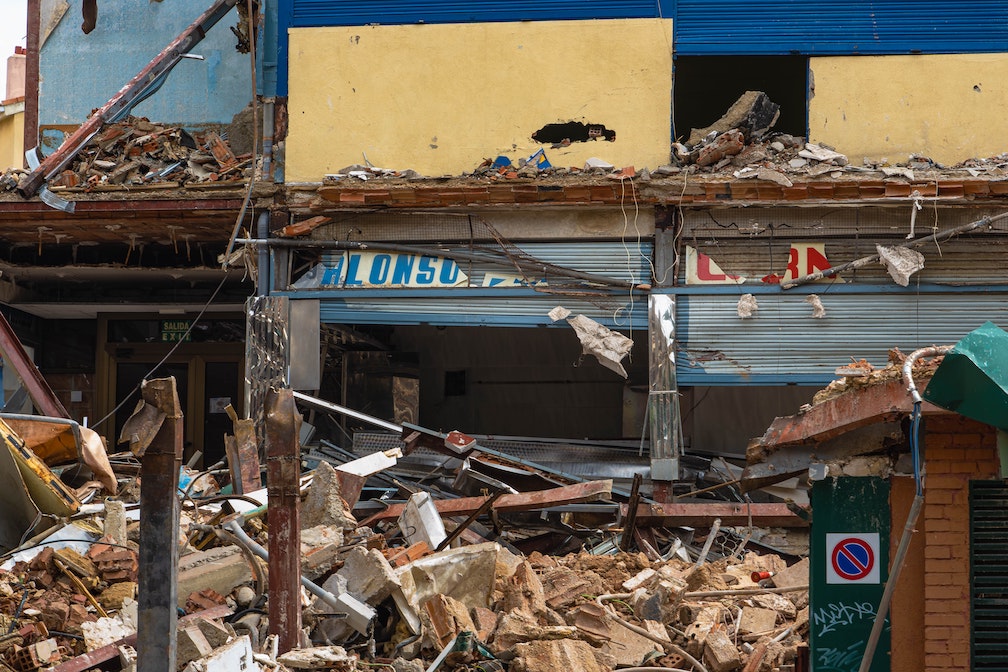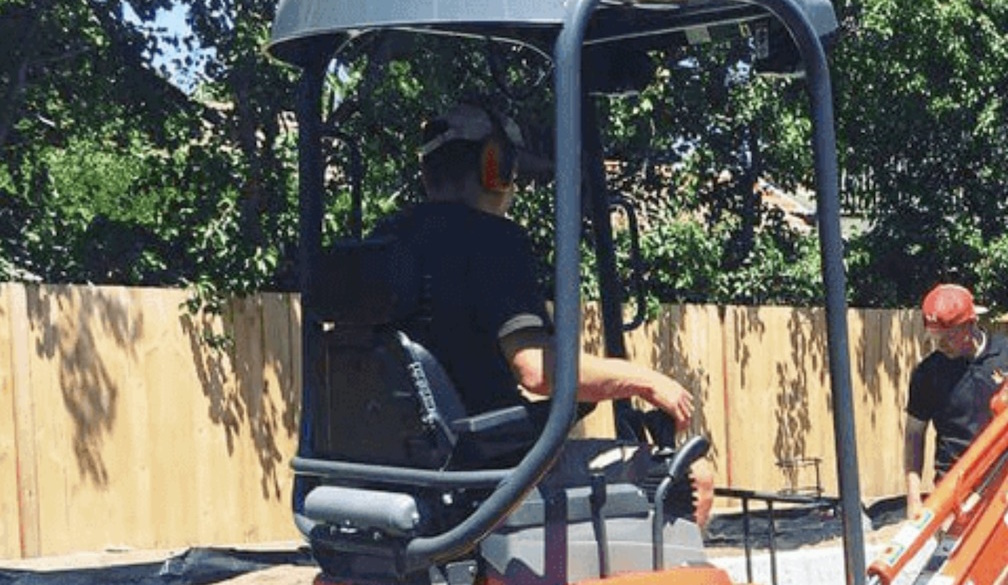Children most at risk as West Java quake toll climbs

The death toll is still climbing in the wake of the devastating West Java earthquake – and the shocking reality is most of the victims are children.
As rescuers search hundreds of flattened homes and buildings, World Vision staff on the ground are doing all they can to protect and care for children who have lost siblings, family members, classmates and homes.
World Vision teams were at the scene within hours of the 5.6 magnitude quake, that struck 10km southwest of Cianjur on Monday, November 21, at a depth of 10km.
World Vision Australia CEO Daniel Wordsworth said aid workers were distributing tarpaulins, food, water and masks, and assessing the urgent needs, which includes caring for the mental health of children caught up in the event.
Major infrastructure, including roads to the affected areas, has been severely affected causing disruptions to electricity and communication networks.
The National Agency of Disaster Management has recorded 268 deaths so far - mostly children. At least 150 people are missing, and more than 1000 people have been injured, while 58,000 people are now displaced.
Casualties are expected to increase. "Indonesia is our near neighbour and our hearts go out to these families, especially those who have lost children in this tragedy,” Mr Wordsworth said. “We immediately deployed a World Vision team to the field to assess the needs of survivors but a landslide after the earthquake made access difficult. The most damaged area was a village called Cigenang village where every house was all but flattened.
“Our focus is on the most urgent needs, but we will continue to support children and families in the weeks and months to come. Children are always the most vulnerable in emergencies largely from injury, exploitation, abuse, and separation from parents and caregivers.
“Our field teams are very experienced in responding to emergencies such as these, across the region. We are distributing items like tarpaulins and masks, due to the ongoing COVID-19 pandemic, and will provide psychosocial care for children through child-friendly spaces. We will also give out shelter kits, hygiene kits, and school kits. These are the things that are needed right now.”
Photo: Jose Antonio Gallego Vazquez/Unsplash



